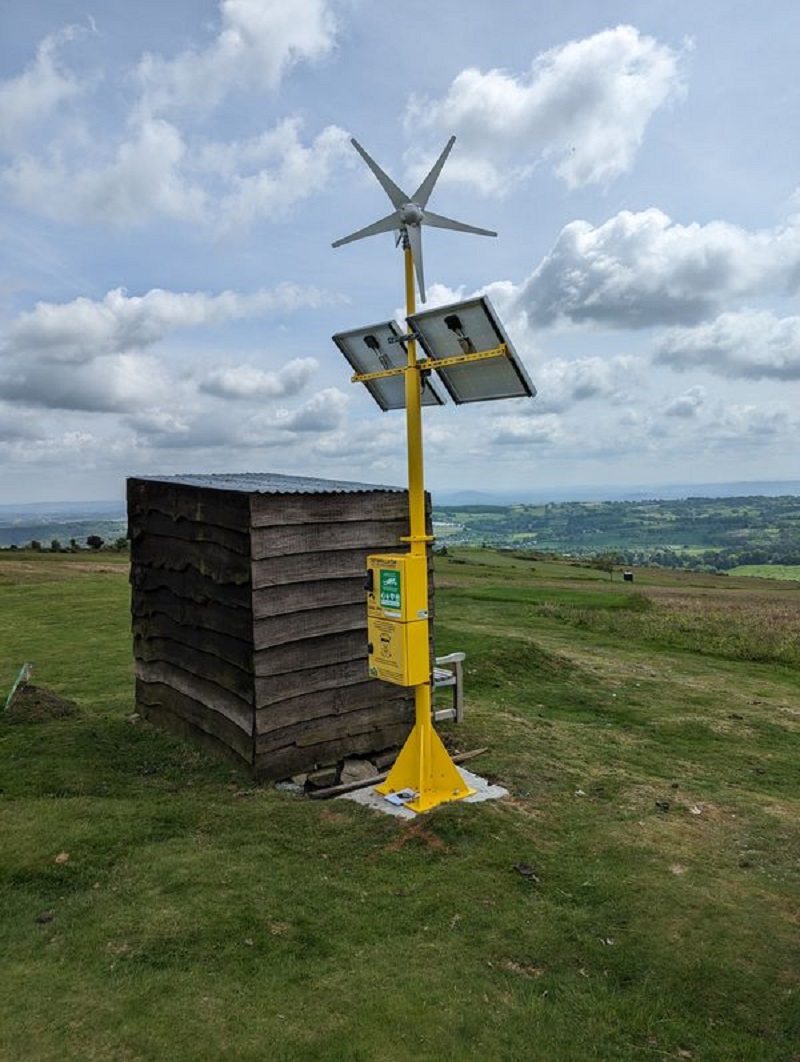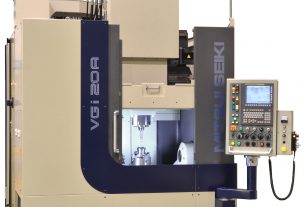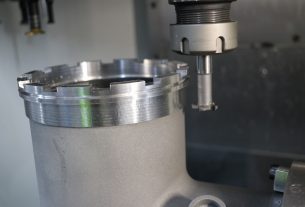Turtle Defib Cabinets – an innovative manufacturer of defibrillator and bleed control cabinets, bleed control kits and supplier of medical equipment – has designed and engineered the first solar and wind powered defibrillator cabinet in the UK.
The launch of the product creates an opportunity to set higher standards when it comes to saving lives in environments where an electricity supply may be restricted or cost-prohibitive to install; for example, construction sites, leisure providers like golf courses and public parks, and the agricultural sector. Defib cabinets must maintain a temperature above 0 degrees, but above 10 degrees is recommended.
While solar powered cabinets are widely available, Turtle’s innovative design negates the issues that current models present; the location and angle of the solar panel must be optimal to ensure a continuous supply of electricity, which guarantees the defibrillator equipment can function correctly at all times. Turtle’s product addresses the dangers of an electrical supply failure with inclined solar panels and with wind power combined, Turtle’s product is failsafe. It satisfies a gap in the market for shaded locations and is ideal for blustery environments, and a remote monitoring option is available.
Turtle worked with The University of Warwick to conduct academic feasibility studies, which allowed them to engineer a product that successfully captures solar and wind power. The two-year research and development period was aided with funding from medical innovation support network Medilink UK.
Mike Dowson, founder and Managing Director of Turtle Defib Cabinets, said: “We not only identified that there was a gap in the market for a wind powered defib cabinet, but also that the solar products that were available are not designed in the most optimal way to harness solar energy. Our research and development with support from Medilink UK and The University of Warwick over the last two years has facilitated Turtle to design, engineer and manufacture a failsafe defib cabinet that will help to save lives in places where people were previously vulnerable.”
Defibrillator equipment is battery powered, but power is required to keep outdoor cabinets at the correct temperature, maintaining the life of the battery and efficacy of the equipment, including the defib pads. Cabinets are usually wired to an electrical source, but in remote areas or places where installation of an electric feed is cost prohibitive, solar has been used as an alternative. It is, however, fraught with issues, not least because of the UK’s limited winter sunlight and limitations on where the panel can be placed on a vertical cabinet.
Dowson continued: “Our design angles the solar panel in a way that maximises power from the sun’s rays, but also comprises a wind turbine to ensure the cabinet works when the UK weather is at its worst. We also offer a remote monitoring option provides a daily cabinet status, such as updates on environmental conditions, charge status, when the cabinet has been accessed or if there are any faults. The unit is compatible with every type of public access defibrillator on the market so if a wi-fi-enabled model is selected, peace of mind can be gained without manual cabinet checks.”
Turtle worked with pre-launch partners who assisted with additional research and have adopted the product; these include Kington Golf Club in Hereford, the highest 18-hole golf course in England and Northamptonshire Sport who installed a unit in Northampton Bike Park. Other early adopters of the product are a construction company and a farmland-based rehabilitation centre in Aberdeenshire. Turtle specialises in bespoke cabinet designs and is developing options for a portable wind and solar powered product that can be moved as required.
Bleed control kits do not need to be kept at a specific temperature. However, since Turtle engineered the first public accessible cabinet for these lifesaving packs – working with the Daniel Baird Foundation, West Midlands Ambulance and The National Trauma Network – the majority of defib cabinet customers choose to put a bleed control kit in the unit too.
For more information about Turtle’s defib cabinets, bleed control cabinets and the equipment to place inside, please visit www.turtledefibcabinets.co.uk.





